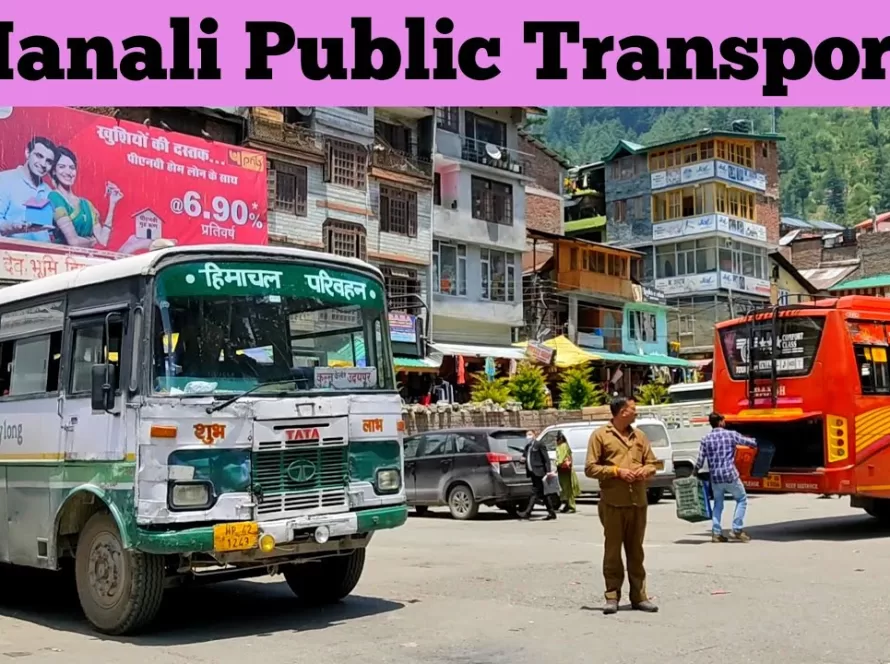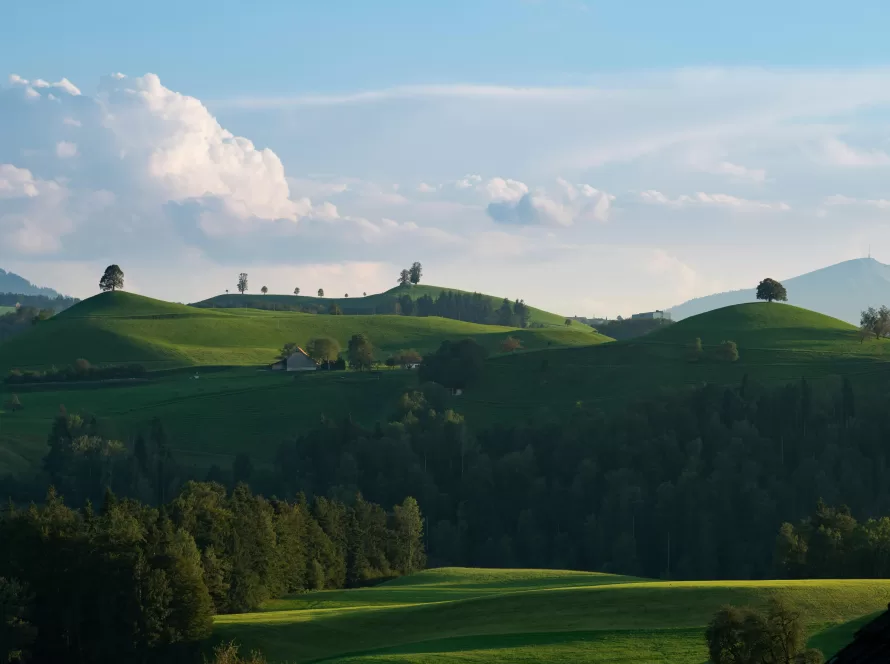Manali, with its lush green valleys, towering mountains, and pristine rivers, is a paradise for
trekkers. As the demand for sustainable travel increases, eco-trekking has emerged as a popular
way to explore the natural beauty of this region while minimizing environmental impact.
Eco-trekking emphasizes responsible travel practices, such as minimizing waste, conserving
water, and respecting local cultures and ecosystems. This guide provides an in-depth look at the
best eco-trekking routes in and around Manali, offering tips for a sustainable adventure.
The Importance of Eco-Trekking
Eco-trekking is about more than just enjoying the great outdoors; it’s about doing so responsibly.
Key principles include:
● Leave No Trace: Minimize your impact on the environment by packing out all trash and
leaving nature as you found it.
● Respect Wildlife: Observe animals from a distance and avoid disturbing their natural
habitats.
● Support Local Communities: Engage with and support local businesses and
communities to promote sustainable tourism.
Top Eco-Trekking Routes in Manali
1. Hampta Pass Trek
Overview
The Hampta Pass Trek is one of the most popular trekking routes in Manali, offering a stunning
contrast between the lush green valleys of Kullu and the barren landscapes of Lahaul. The trek is
moderately challenging and takes about 4-5 days to complete.
Eco-Trekking Tips
● Minimize Waste: Carry reusable water bottles and food containers. Avoid single-use
plastics.
● Camp Responsibly: Use designated camping sites to avoid damaging fragile ecosystems.
● Water Conservation: Use biodegradable soap and avoid contaminating water sources.
Highlights
● Chandratal Lake: A high-altitude lake known for its crystal-clear waters.
● Shea Goru: A beautiful campsite with views of snow-capped peaks.
● Wildlife Sightings: The region is home to diverse flora and fauna, including Himalayan
birds and wildflowers.
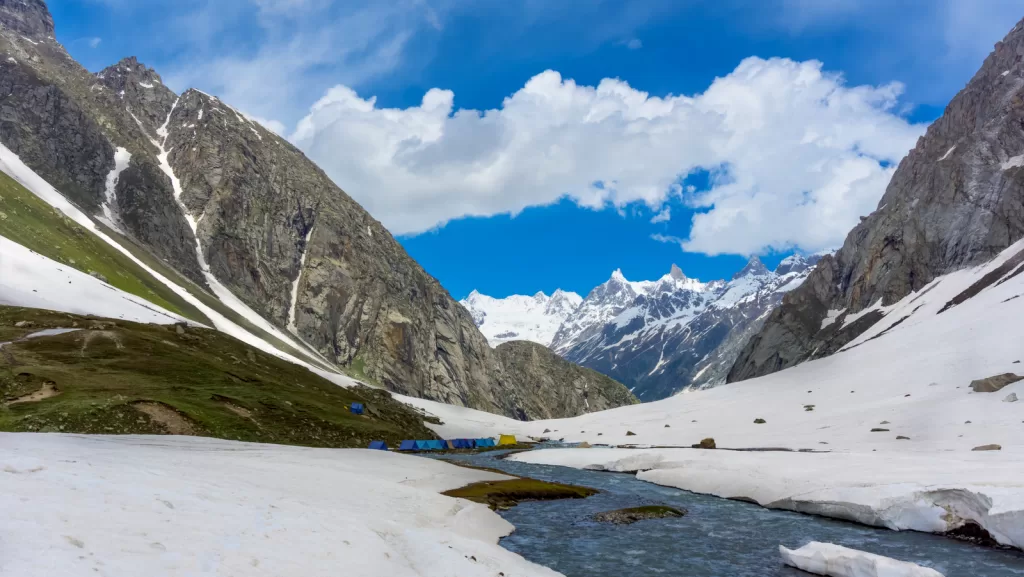
2. Bhrigu Lake Trek
Overview
The Bhrigu Lake Trek is a short but rewarding trek, perfect for those with limited time. It takes
about 3-4 days and offers panoramic views of the Pir Panjal range and the Dhauladhar range.
Eco-Trekking Tips
● Stay on Trails: Avoid creating new paths to protect the natural vegetation.
● Pack It In, Pack It Out: Ensure all waste, including organic waste, is carried out.
● Respect Local Customs: Be mindful of local customs and traditions, especially around
sacred sites like Bhrigu Lake.
Highlights
● Bhrigu Lake: A glacial lake situated at an altitude of 4,300 meters.
● Meadows and Forests: The trek passes through beautiful alpine meadows and dense
forests.
● Snow-Capped Peaks: Spectacular views of the surrounding mountains.
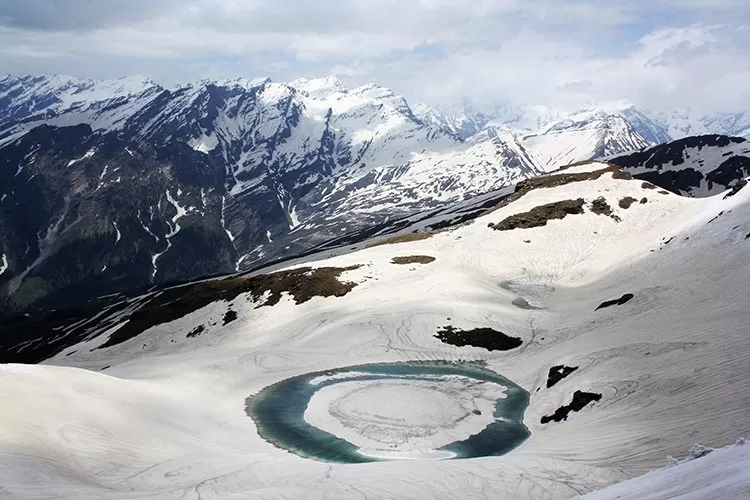
3. Beas Kund Trek
Overview
The Beas Kund Trek is a relatively easy trek, suitable for beginners and families. It takes about 3
days and follows the Beas River to its source at Beas Kund, a glacial lake.
Eco-Trekking Tips
● Reduce Campfire Impact: Use a stove for cooking instead of a campfire to minimize fire
hazards.
● Wildlife Safety: Keep a safe distance from wildlife and never feed animals.
● Cultural Sensitivity: Engage with local communities respectfully and support local
businesses.
Highlights
● Beas Kund: A sacred lake believed to be the source of the Beas River.
● Solang Valley: Known for its adventure sports and stunning landscapes.
● Diverse Landscapes: The trek includes lush valleys, alpine meadows, and glacial
moraines.
4. Chandrakhani Pass Trek
Overview
The Chandrakhani Pass Trek is a lesser-known route that offers solitude and pristine beauty. The
trek takes about 4-5 days and provides panoramic views of the Parvati and Kullu valleys.
Eco-Trekking Tips
● Use Reusable Gear: Opt for reusable trekking gear and avoid disposable items.
● Water Purification: Use water purification tablets or a portable filter to avoid plastic
bottles.
● Trail Etiquette: Yield the trail to those traveling uphill and avoid loud noises.
Highlights
● Chandrakhani Pass: Offers breathtaking views of the surrounding peaks.
● Malana Village: Known for its unique culture and ancient traditions.
● Rich Flora and Fauna: The trek passes through diverse ecosystems, from pine forests to
alpine meadows.
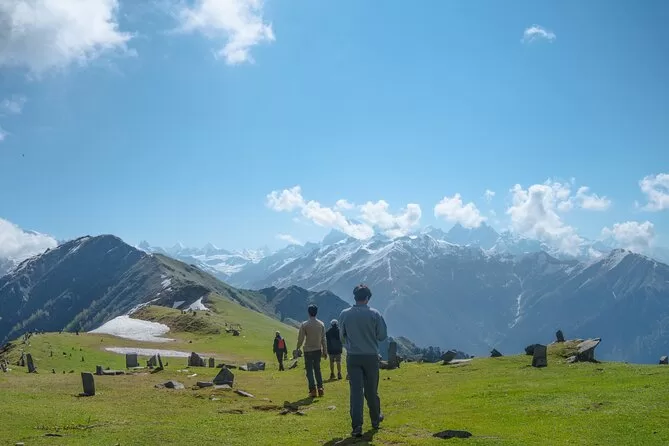
5. Pin Parvati Pass Trek
Overview
The Pin Parvati Pass Trek is a challenging trek that takes about 10-11 days to complete. It
connects the Parvati Valley in Kullu to the Pin Valley in Spiti, offering a dramatic change in
landscapes.
Eco-Trekking Tips
● Eco-Friendly Toiletries: Use biodegradable soap and toothpaste.
● Group Size: Keep your group size small to reduce environmental impact.
● Local Guides: Hire local guides to support the community and gain better insights into
the region.
Highlights
● Pin Valley National Park: Home to rare wildlife such as the snow leopard and Siberian
ibex.
● Hot Springs at Kheerganga: Relax in natural hot springs en route.
● Diverse Landscapes: From lush forests to arid high-altitude deserts.
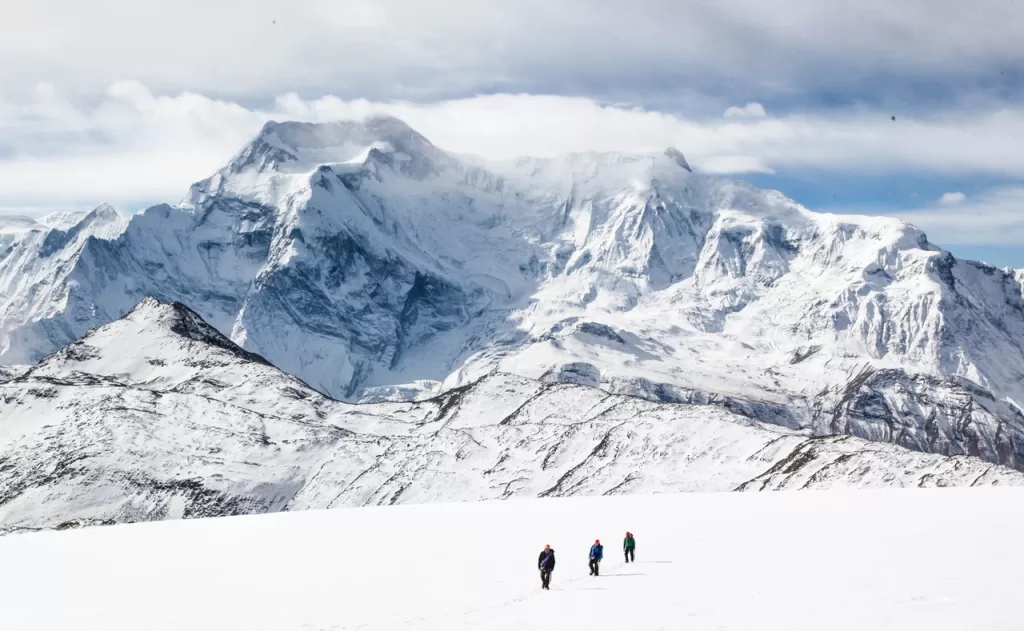
General Eco-Trekking Tips
Gear and Equipment
● Eco-Friendly Gear: Invest in high-quality, reusable gear to minimize waste.
● Lightweight Packing: Carry only essentials to reduce the strain on your body and the
environment.
Food and Water
● Sustainable Snacks: Pack organic, locally-sourced snacks in reusable containers.
● Water Purification: Use purification tablets or filters to avoid plastic bottles.
Waste Management
● Pack Out Trash: Carry all waste, including food scraps, back with you.
● Biodegradable Products: Use biodegradable soap, toothpaste, and sunscreen.
Respect Wildlife
● Observe from a Distance: Do not approach or feed wildlife.
● Stay Quiet: Avoid loud noises to minimize stress on animals.
Cultural Sensitivity
● Engage Respectfully: Learn about and respect local customs and traditions.


